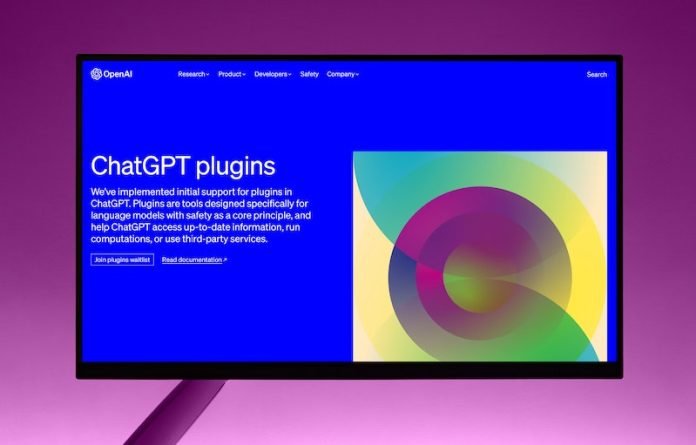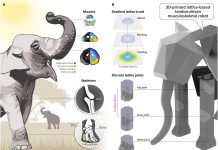
A new study conducted by researchers at Cedars-Sinai has revealed how ChatGPT, an artificial intelligence (AI) chatbot, could potentially help improve health outcomes for patients suffering from cirrhosis and liver cancer.
The chatbot has been designed to provide easy-to-understand information about basic knowledge, lifestyle changes and treatments for these conditions.
This could be particularly helpful for patients who often face unmet needs and insufficient knowledge about managing and preventing complications of their disease.
The findings of the study highlight the potential role that the AI system could play in clinical practice.
Patients who have been diagnosed with liver cancer and cirrhosis, which is an end-stage liver disease that is also a major risk factor for the most common form of liver cancer, often require extensive treatment that can be complex and challenging to manage.
Therefore, it’s crucial that patients have access to personalized education AI models to increase their knowledge and education on the subject.
One of these models is ChatGPT, which stands for generative pre-trained transformer.
This AI chatbot has quickly become popular for its human-like text in chatbot conversations, where users can input any prompt, and it will generate a response based on the information stored in its database.
ChatGPT has already shown some potential for medical professionals by writing basic medical reports and correctly answering medical student examination questions.
However, this is one of the first studies to examine the ability of ChatGPT to answer clinically oriented, disease-specific questions correctly and compare its performance to physicians and trainees.
To verify the accuracy of the AI model in its knowledge about both cirrhosis and liver cancer, the investigators presented ChatGPT with 164 frequently asked questions in five categories, including basic knowledge, diagnosis, treatment, lifestyle, and preventive medicine.
The ChatGPT answers were then graded independently by two liver transplant specialists.
Study results revealed that ChatGPT answered about 77% of the questions correctly, providing high levels of accuracy in 91 questions from a variety of categories.
The specialists grading the responses said that 75% of the responses for basic knowledge, treatment, and lifestyle were comprehensive or correct but inadequate.
The AI model also provided practical and useful advice to patients and caregivers regarding the next steps in adjusting to a new diagnosis.
The study showed that while the model was able to demonstrate strong capability in the basic knowledge, lifestyle, and treatment domains, it suffered in the ability to provide tailored recommendations according to the region where the inquirer lived.
Nonetheless, the AI chatbot provided access to reliable and accurate health information that is easy for many to understand, which could help empower patients and improve health literacy for patients facing challenging conditions such as cirrhosis and liver cancer.
The researchers hope that this can help physicians to empower patients and improve health literacy for patients facing challenging conditions such as cirrhosis and liver cancer.
However, it’s important to note that while the AI model could provide a useful adjunctive tool for physicians, it’s not intended to replace a physician’s advice.
More research is still needed to better examine the tool in patient education.
If you care about liver health, please read studies about dairy foods linked to liver cancer, and coffee drinkers may halve their risk of liver cancer.
For more information about health, please see recent studies that anti-inflammatory diet could help prevent fatty liver disease, and results showing vitamin D supplements could strongly reduce cancer death.
The study was conducted by Yee Hui Yeo et al and published in the Clinical and Molecular Hepatology journal.
Copyright © 2023 Knowridge Science Report. All rights reserved.



